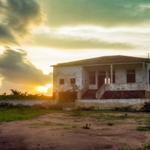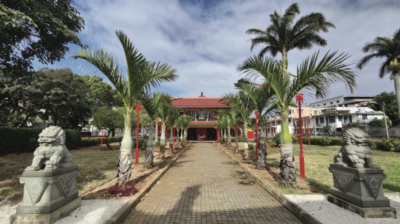Learning from women: women’s insights into education as an arena for social tensions in Cabo Delgado
In this presentation I intend to reflect on education as a continued arena of tension for people in Cabo Delgado. The tension between secular and religious education as a backdrop of the conflict in Cabo Delgado, has been widely mentioned but largely misunderstood. Scholars have consistently mentioned poverty and people’s lack of access to formal education as drivers of the disenfranchisement that has led to the violent extremism in the province (e.g. Lister 2020, Maquenzi & Feijó 2019). There are many references to how the movement behind the extremism has shunned formal education, in favour of Islamic teachings (Habibe et al. 2019, Heyen-Dubé & Rands 2022, Mourier-Genoud 2020). In literature focusing either on human development or the conflict, women are not actors or decision makers regarding theirs or others education. It is important to note that the lack of access to formal education in Cabo Delgado follows a similar trend with the neighbouring provinces of Niassa and Nampula. As such it is not exceptional in relation to the Northern region of the country. From interviews conducted primarily with women and focused on women’s relationship and experience with the state, I have found that Muslim populations in Cabo Delgado, particularly in the coast have a long history of rejecting formal education, a trend seen elsewhere in the East African coast (Ben Ali & Walker 2017, Bolton 2021). Previously, while guaranteeing respect for Islamic values and practices, the preference for religious education did not seem to impact on the economic opportunities of the children. Presently, however, people without formal education are disproportionately excluded from opportunities. This has led to two distinct strategies: 1) merging secular and religious education and 2) shunning further secular education. In both cases, religious education remains central to people.


